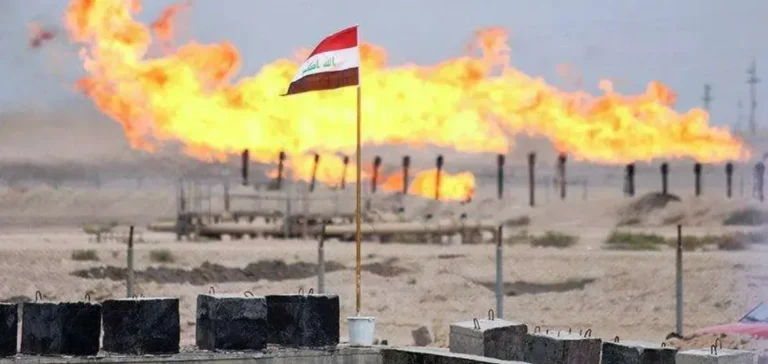The Canadian producer ShaMaran Petroleum Corp. confirmed that an explosion occurred at 07:00 local time at an oil facility operated by HKN Energy Ltd. in the Sarsang field, located in Iraq’s autonomous Kurdistan Region. All employees were evacuated unharmed, according to the statement issued on July 15. Security teams immediately isolated the affected unit and suspended all operations. No official figure for material damage is yet available, but production remains halted until further notice.
First technical findings
HKN Energy said a sudden pressure drop had been recorded a few seconds before the blast, according to a preliminary internal report seen by Bloomberg. Inspectors from the Iraqi regional authorities went to the site to check the installations’ compliance. The field had recently been producing 17 000 barrels per day, a volume now interrupted. No oil leak has been reported, but additional tests on groundwater are planned.
The partners triggered their business-interruption insurance policies to limit the effect on cash flows. Analysts at Wood Mackenzie estimate that a one-week shutdown could cut regional fiscal revenues by about $2 mn if Brent crude stays around $85. Local subcontractors have requested a full review of safety protocols before any restart. The federal Ministry of Oil has not commented on the situation.
Financial impact for ShaMaran
ShaMaran owns 18 % of the Sarsang block alongside operator HKN Energy. The field accounted for roughly 30 % of the company’s net cash flow in the first quarter, according to its report published in May. ShaMaran held $34 mn in cash at end-March, a cushion judged modest by BMO Capital Markets against a prolonged shutdown. Payments due from the Kurdistan Regional Government’s oil company remain subject to frequent delays, adding pressure on working capital.
ShaMaran’s stock fell 8 % in Toronto on July 15 and the yield on its five-year senior bond jumped 130 basis points, Refinitiv data show. “ShaMaran and HKN are committed to applying the highest safety standards and will release new information as soon as it is available,” the company said. Internal investigators must determine whether the affected equipment was part of the five-year maintenance programme launched this year. Preliminary findings are expected within 48 hours.
Next operational steps
Insurer Lloyd’s Register has appointed experts to inspect the relief valves, inert-gas injection system and main manifold to identify the exact cause of the incident. At the same time, HKN has moved non-essential staff to training centres in Erbil, thus reducing exposure to potential risks. Regional authorities demand a full environmental assessment before any restart. Production will resume only after conformity certificates are validated by the Iraqi Organisation for Standardisation and Quality Control.






















